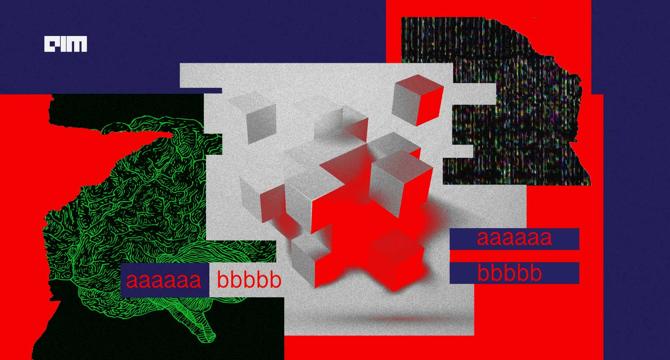Analyticsindiamag
1M
159

Image Credit: Analyticsindiamag
The Breakthrough AI Scaling Desperately Needed
- Researchers from Google, Max Planck Institute, and Peking University introduced a new approach called TokenFormer that addresses scaling issues faced by traditional transformer architecture.
- TokenFormer introduces a token-parameter attention (Pattention) layer that enables incremental scaling without full retraining of the entire model from scratch.
- This approach has demonstrated impressive results, successfully scaling from 124M to 1.4B parameters while maintaining performance comparable to Transformers trained from scratch.
- TokenFormer’s most compelling features is its ability to preserve existing knowledge while scaling, offering a new approach to continuous learning.
- In benchmark tests, TokenFormer achieved performance comparable to standard Transformers, requiring only one-tenth of the computational budget.
- This efficiency extends to both language and vision tasks, with the model demonstrating competitive performance across various benchmarks, including zero-shot evaluations and image classification tasks.
- Furthermore, TokenFormer maintains constant computational costs for token-token interactions while scaling parameters, thus making it suitable for processing longer sequences.
- However, users from Hacker News have pointed out some issues, saying it is hard to trust the numbers shown in the research.
- TokenFormer provides a new level of modularity and compatibility between publicly available weight sets, assuming they use similar channel dimensions.
- While the approach looks promising on paper, we'll have to wait for developers to implement it in actual models.
Read Full Article
9 Likes
For uninterrupted reading, download the app